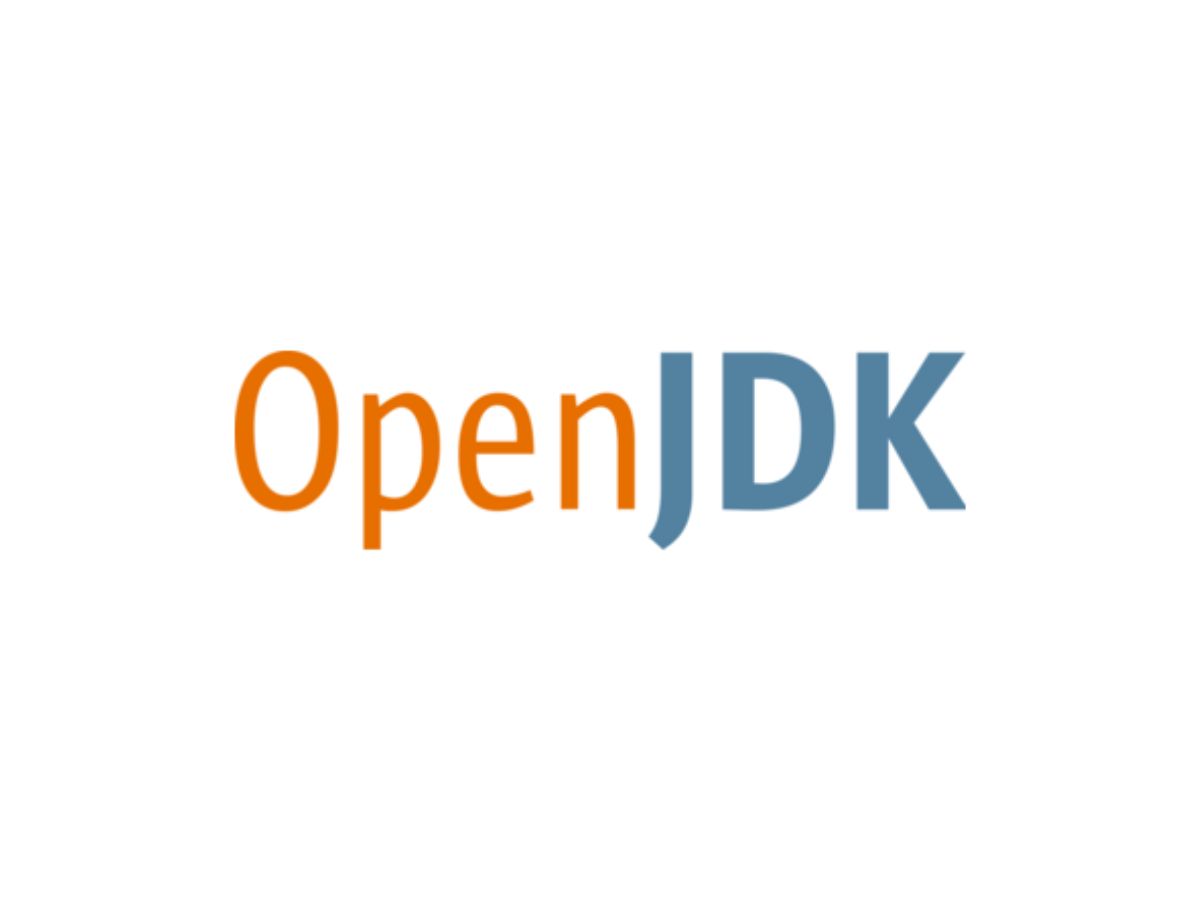
OpenJDK stands as the cornerstone of Java development, offering a free and open-source implementation of the Java Platform, Standard Edition (SE). With its inception aimed at ensuring Java's longevity and accessibility, OpenJDK has evolved into a vital tool for developers worldwide. This comprehensive guide illuminates 20 intriguing facts about OpenJDK, shedding light on its history, contributions, and the pivotal role it plays in the Java ecosystem. From its collaborative development process to its impact on modern software applications, understanding these facets of OpenJDK will enrich your knowledge and appreciation of Java's enduring framework. Whether you're a seasoned developer or just starting out, these insights will enhance your grasp of OpenJDK's significance in the ever-changing landscape of programming.
What is OpenJDK?
OpenJDK stands for Open Java Development Kit, a free and open-source implementation of the Java Platform, Standard Edition (Java SE). It's the backbone behind a vast number of applications and systems around the world, from web servers to Android apps. OpenJDK provides a way for developers to use Java technology without facing licensing fees or proprietary code restrictions.
- OpenJDK was initiated by Sun Microsystems in November 2006, aiming to make Java more accessible and foster community involvement in its development.
- The project is licensed under the GNU General Public License (GPL) version 2, with a linking exception. This means that while the source code is freely available and modifiable, it does not require derivative works (such as proprietary software) to be open-sourced.
Key Components of OpenJDK
The OpenJDK project encompasses a set of components essential for Java development and execution. These include the Java Class Library, the Java compiler (javac), the Java Runtime Environment (JRE), and the Java Virtual Machine (JVM).
- The Java Class Library in OpenJDK is a set of dynamically loadable libraries that Java applications use at runtime for tasks like I/O, networking, and XML parsing.
- Javac is the compiler that converts Java code into bytecode, which can then be executed by the JVM.
- The JVM, a crucial part of OpenJDK, interprets and executes the bytecode on any platform, making Java applications platform-independent.
OpenJDK vs. Oracle JDK
For many years, Oracle JDK was the official, proprietary implementation of Java, while OpenJDK served as the open-source alternative. However, the landscape has changed significantly.
- As of Java 11, Oracle has shifted its focus towards OpenJDK, making it the official reference implementation of Java SE. Oracle JDK and OpenJDK builds from Java 11 onwards are essentially identical in terms of code and functionality.
- Oracle JDK now requires a commercial license for use in production environments, pushing more developers and organizations towards OpenJDK for a free alternative.
Contributions and Community
OpenJDK thrives on community contributions. Developers from around the world contribute to its development, ensuring that Java remains a modern, efficient, and secure programming language.
- Major technology companies, including Oracle, IBM, and Red Hat, actively contribute to the OpenJDK project.
- The project accepts contributions from anyone, provided they adhere to the guidelines set by the OpenJDK Community Bylaws.
Future of OpenJDK
The future of OpenJDK looks bright, with continuous updates and improvements being made to keep Java competitive and relevant in the ever-evolving landscape of software development.
- OpenJDK releases a new feature version every six months, adhering to a strict, time-based release cycle. This ensures that Java developers have access to the latest language features and improvements.
- Long-Term Support (LTS) versions are released every three years, providing stability and security for enterprise environments that require long-term maintenance.
OpenJDK and Android Development
OpenJDK plays a significant role in Android development, serving as the foundation for the Android SDK.
- In 2017, Google announced its decision to move from Oracle's JDK to OpenJDK for future Android SDK versions, citing a desire for a more open and collaborative development platform.
- This transition allows Android developers to leverage OpenJDK's rich set of libraries and tools, facilitating the development of robust and efficient Android applications.
Security in OpenJDK
Security is a top priority for the OpenJDK project, with regular updates and patches being released to address vulnerabilities.
- The OpenJDK community works closely with security researchers and organizations to identify and fix security issues promptly.
- Each OpenJDK feature release is supported with security updates for at least six months, while LTS versions receive updates for several years, ensuring that applications remain secure against evolving threats.
OpenJDK Licensing
Understanding OpenJDK's licensing is crucial for developers and organizations to ensure compliance and make informed decisions regarding its use.
- The GPL v2 with Classpath Exception allows the use of OpenJDK in both open-source and proprietary applications without the requirement to open-source the proprietary code.
- This licensing model encourages widespread use of OpenJDK, promoting innovation and collaboration in the Java ecosystem.
OpenJDK and the Java Ecosystem
OpenJDK is at the heart of the Java ecosystem, influencing not just application development but also other Java-based technologies and frameworks.
-
Frameworks like Spring, Hibernate, and Apache Tomcat all rely on OpenJDK for their operation, benefiting from its performance, reliability, and open-source nature.
-
The vibrant OpenJDK community and its continuous contributions ensure that Java remains a leading programming language for enterprise, web, mobile, and cloud development.
-
With the advent of new programming paradigms and technologies, OpenJDK continues to evolve, incorporating features like lambda expressions, modularization, and garbage collection improvements to meet modern development needs.
A Final Look at OpenJDK
Diving into the world of OpenJDK reveals its critical role in modern software development. This open-source implementation of the Java Platform, Standard Edition, is a powerhouse behind countless applications and systems worldwide. From its inception, OpenJDK has been a collaborative effort, bringing together developers from various backgrounds to enhance and innovate within the Java ecosystem. Its compatibility with the Java SE specification ensures developers have a reliable and consistent foundation for building and deploying Java applications. Moreover, OpenJDK's vibrant community support and continuous updates make it a go-to choice for developers seeking a robust, scalable, and open-source Java development kit. Whether you're just starting out or you're a seasoned developer, OpenJDK offers the tools and resources needed to tackle challenging software projects with confidence.
Was this page helpful?
Our commitment to delivering trustworthy and engaging content is at the heart of what we do. Each fact on our site is contributed by real users like you, bringing a wealth of diverse insights and information. To ensure the highest standards of accuracy and reliability, our dedicated editors meticulously review each submission. This process guarantees that the facts we share are not only fascinating but also credible. Trust in our commitment to quality and authenticity as you explore and learn with us.


